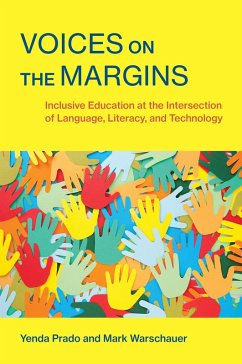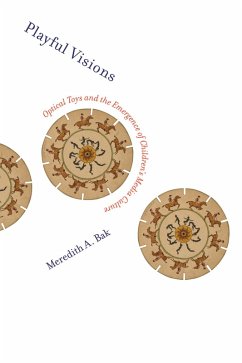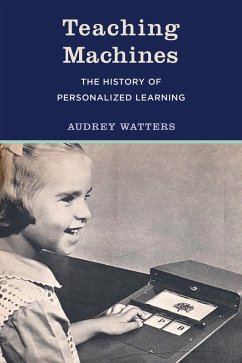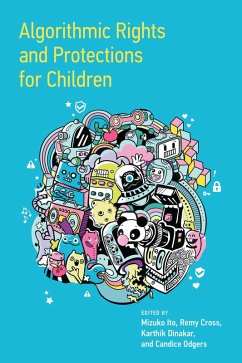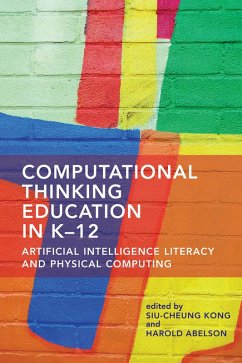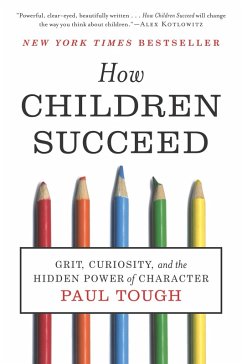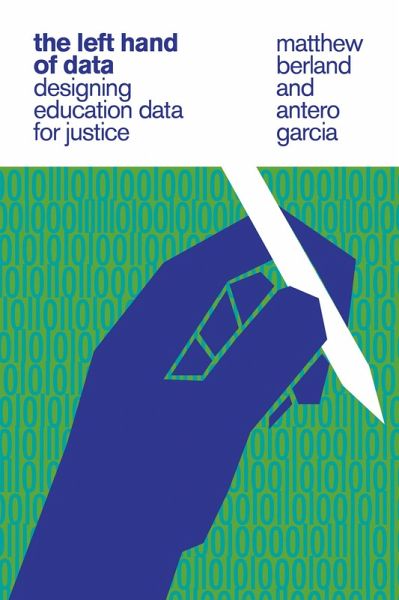
The Left Hand of Data (eBook, ePUB)
Designing Education Data for Justice

PAYBACK Punkte
11 °P sammeln!
A speculative framework that imagines how we can use education data to promote play, creativity, and social justice over normativity and conformity. Educational analytics tend toward aggregation, asking what a "normative" learner does. In The Left Hand of Data, educational researchers Matthew Berland and Antero Garcia start from a different assumption-that outliers are, and must be treated as, valued individuals. Berland and Garcia argue that the aim of analytics should not be about enforcing and entrenching norms but about using data science to break new ground and enable play and creativity....
A speculative framework that imagines how we can use education data to promote play, creativity, and social justice over normativity and conformity. Educational analytics tend toward aggregation, asking what a "normative" learner does. In The Left Hand of Data, educational researchers Matthew Berland and Antero Garcia start from a different assumption-that outliers are, and must be treated as, valued individuals. Berland and Garcia argue that the aim of analytics should not be about enforcing and entrenching norms but about using data science to break new ground and enable play and creativity. From this speculative vantage point, they ask how we can go about living alongside data in a better way, in a more just way, while also building on the existing technologies and our knowledge of the present. The Left Hand of Data explores the many ways in which we use data to shape the possible futures of young people-in schools, in informal learning environments, in colleges, in libraries, and with educational games. It considers the processes by which students are sorted, labeled, categorized, and intervened upon using the bevy of data extracted and collected from individuals and groups, anonymously or identifiably. When, how, and with what biases are these data collected and utilized? What decisions must educational researchers make around data in an era of high-stakes assessment, surveillance, and rising inequities tied to race, class, gender, and other intersectional factors? How are these complex considerations around data changing in the rapidly evolving world of machine learning, AI, and emerging fields of educational data science? The surprising answers the authors discover in their research make clear that we do not need to wait for a hazy tomorrow to do better today.
Dieser Download kann aus rechtlichen Gründen nur mit Rechnungsadresse in A, B, BG, CY, CZ, D, DK, EW, E, FIN, F, GR, HR, H, IRL, I, LT, L, LR, M, NL, PL, P, R, S, SLO, SK ausgeliefert werden.




